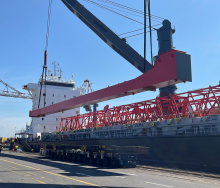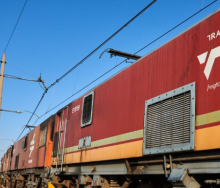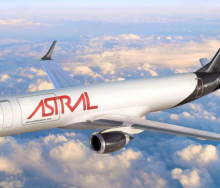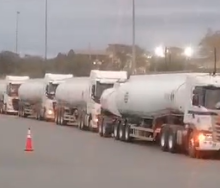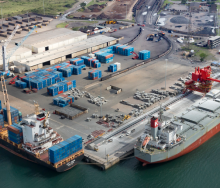Transnet officials are set to meet with industry stakeholders next week to address some of the teething problems being experienced with the truck booking system currently being piloted at the Port of Durban.
According to Moshe Motlohi, general manager for corporate affairs and external stakeholders at Transnet National Ports Authority (TNPA), the booking system was being piloted at Pier 1 and 2, the bulk terminal, as well as at FPT and the Grindrod depot.
“We are already seeing the benefits of this system at Pier 1,” he told attendees at the monthly Transport Forum yesterday. “Through this booking system we know exactly how many trucks can be processed in an hour and what we can accommodate. Trucks can no longer just arrive at the port and expect to enter terminals.”
He said the system was 100% mandatory and truck slots had to be booked 24 hours in advance.
According to Sue Moodley, chairman of the Harbour Carriers’ Association, the planned meeting with TNPA was essential and would lead to long-term efficiency, but issues had to be addressed.
“The booking system is currently challenged as transporters have limited slots available,” she said. “Transporters are therefore unable to access their containers as per the client’s request. The slots need to be increased. For exporters, it is possible that boxes will not be stacked on time if a transporter is unable to get a slot before the stacks close.”
Other transporters agreed with Moodley, with some saying the system in its current format was completely flawed. “The booking system is the correct approach,” said one operator. “But it is currently flawed. For export bookings, especially fruit packings, transporters can only make the booking once the packing of fruit has commenced. Although they have booking slots at pack stores, there are still too many outside factors that impact on this. To make a booking 24 hours in advance is not realistic, especially in the current environment.”
Transporters said they needed a holistic approach, taking into consideration all factors, with some flexibility built into the system.
According to Motlohi, industry’s concerns have been heard. “We are having teething problems with the system and we hope to address these in collaboration with industry so that we can meet their needs.”


